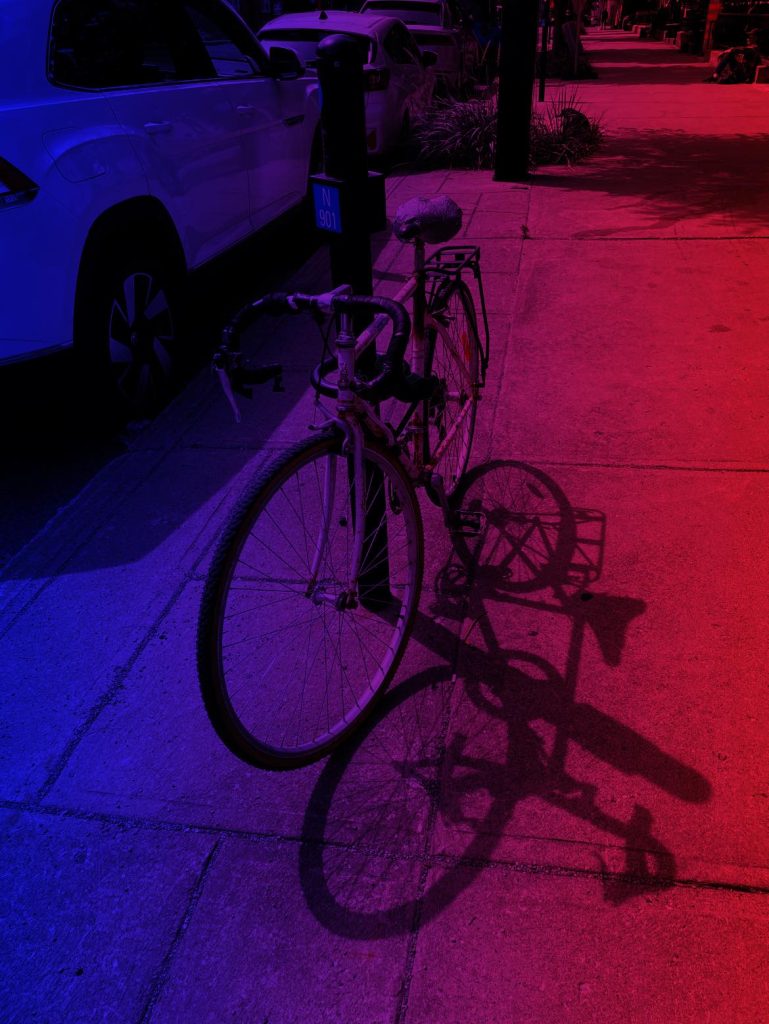
In the Arms of Autumn
I once stood at the edge of a rusty, old bridge, looming over the abandoned train station below. To this day, I still wonder why I was drawn to that station, and why I wanted to end my life there. I come from a refugee family, a family that knew nothing about life in exile except how to eat, make money, drink, and work until you’d smoked through an entire pack of cigarettes. My parents were too old to work but too young to truly enjoy life. I had a twin brother who died just seconds after we were born. Maybe that’s why my mother always saw me as “the special one”—though never in a way that felt special to me.
My father cared about my health, but he cared more about the money I gave him from whatever jobs I could manage. Sometimes, he’d spend it on lottery tickets or buy my mother expensive gifts for no reason at all. On my birthday, all they talked about was my dead twin brother. I never felt their presence, their support. Eventually, I stopped going to school because I had no friends, and I lacked the knowledge I so desperately needed. Everyone from my high school moved on to successful lives. Even Linda—the only girl I ever truly loved.
It was love at first sight with her, but life dealt us both terrible hands. She survived a horrific car crash that left her with brain damage, but her parents weren’t so lucky. Afterward, Linda moved in with her blind, widowed grandmother and dropped out of school. She ended up working as a stripper at a well-known club, lying about her age with a fake ID.
I’d go there sometimes, buy an ordinary beer, and sit pretending I was waiting for a friend. I avoided making eye contact with anyone except the bartender, a divorced woman who seemed as lost as I was. She and I would have fun together occasionally when her kids were with their father in another city. My life was never important; I felt like an unwanted child in God’s land. My days were dull, each one bleeding into the next unless I was too drunk or too depressed to notice.
Then one day, the bartender took her own life. They found her hanging in her living room. No one knew why or how it had come to that. Her children were oblivious, but her ex-husband heard the news and eventually sent them to an orphanage. They were too young to understand that their mother’s death was linked to her battle with alcoholism.
After that, I developed a new habit—going to the abandoned train station to think about ending it all. I felt like there was no one left for me. Who did I have to live for? I wasn’t old, but the grey hairs were already creeping in, along with endless negative thoughts. The bartender had been the only one who knew about my visits to that station. After she died, I felt more alone than ever. Sometimes, I would stay at her house, and she’d treat me like a boyfriend, a lover, even if it was just for a few hours. But after she was gone, the silence became unbearable.
Linda noticed the change in me. I became quieter, more withdrawn. She started talking to me again, trying to reach out. One night, I told her everything that had been weighing on me. I even told her that it would be my last night at the club. When I said that, she started to cry, and so did I. I ran out, not wanting her to see me break down, and I ended up at the train station again, ready to end it all.
But then Linda appeared, wearing a man’s autumn jacket. She screamed my name, ran toward me, and hugged me so tight I could barely breathe.
She whispered, “I love you. Hug me tight and let the world fade away. Your embrace is my refuge, where I feel truly alive.”
With a broken smile, I replied, “When I see you or talk to you, I don’t have to work so hard to be happy. It just happens.”
We kissed under the night sky and took an Uber back to the club, where Linda handed in her resignation. For good.
